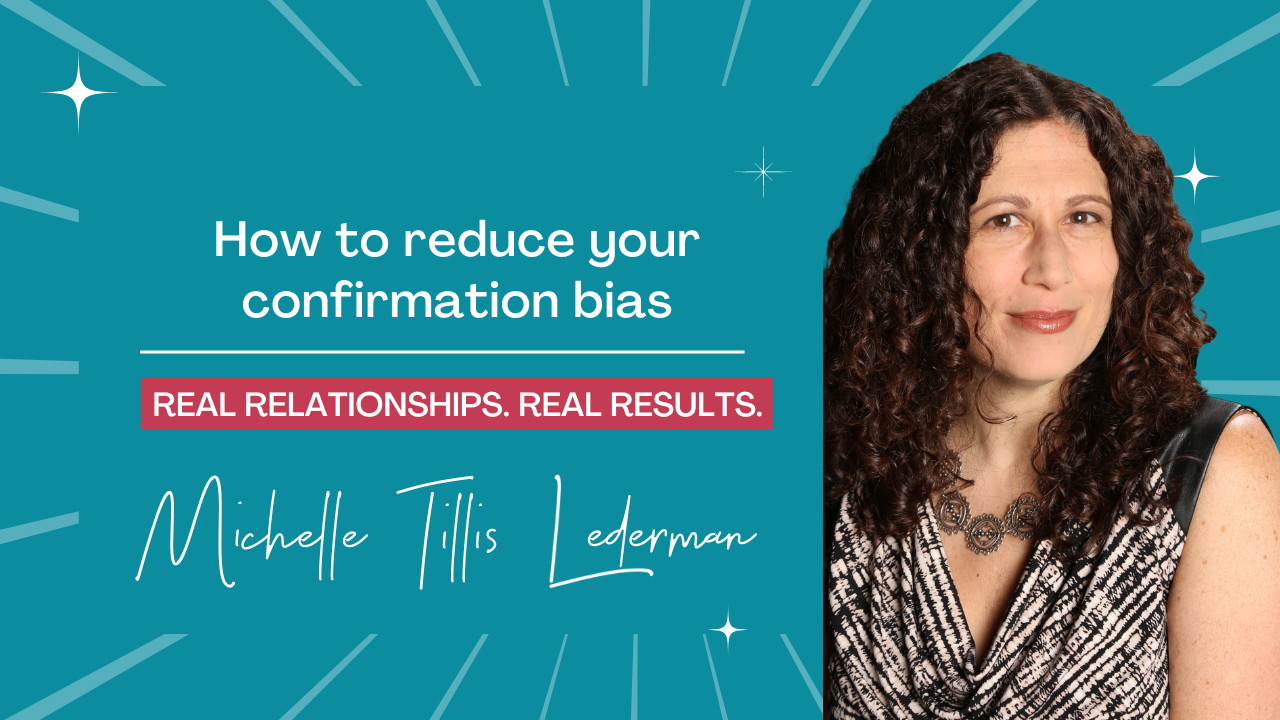When I say we are “open and accepting,” what comes to mind? Most people will immediately have this idea in their mind about being open to all kinds of people and all different kinds of ideas, or “keeping an open mind”–and while that is absolutely true, there is much more to openness than that. Sometimes, we don’t even realize we aren’t even fully open because as humans, we have a strong tendency towards confirmation bias.
Confirmation bias means that we take in new information through the lens of what we already believe to confirm our already established or stated beliefs. We jump quickly to conclusions, believe our conclusions, and seek to prove ourselves right and then act as if we are.
To stay open, we need to stay in a place of curiosity, not conclusion, and be our own devil’s advocate. CLICK TO TWEET
But how can we do that? If we slow ourselves down a bit we leave ourselves open to the possibility of being wrong. The concept of slowing down your thinking is partially about giving your brain time to draw a more educated assessment of the situation, rather than a quick and potentially incorrect judgment.
When you are in a situation where the interpretation of events and behaviors can have an impact on relationships, collaboration, or results of any kinds, consider testing that evaluation and your own confirmation bias with these four questions:
- What don’t I know? Asking what you don’t know about an idea, investigating roadblocks, and trying to find other ways to make it work can help open the doors to new, innovative ideas and solutions.
- How else could I interpret this? This question is usually most helpful when dealing with ideas or behavior from other people in a group. For example, if somebody asks questions or seems to be countering your idea in a meeting, it can be helpful to diffuse your own defensiveness by reframing their questions not as an attack but as an opportunity to enhance, build on, or help your idea mature.
- What if I’m wrong? This can be a hard question to ask but it is so important. Ask yourself what the impact on the relationship or business will be if you’re wrong, and try to be humble enough to admit you may have misinterpreted somebody else’s intention or idea.
- Am I just trying to be right? We all like to be right. It feels good. However, we cannot ever truly let go of our confirmation bias until we can recognize, acknowledge, admit, and let go of our need to be right.
How do you let go of confirmation bias? What strategies have you found to check yourself and stay open to greater, different, better, unique creative opportunities and ideas?


